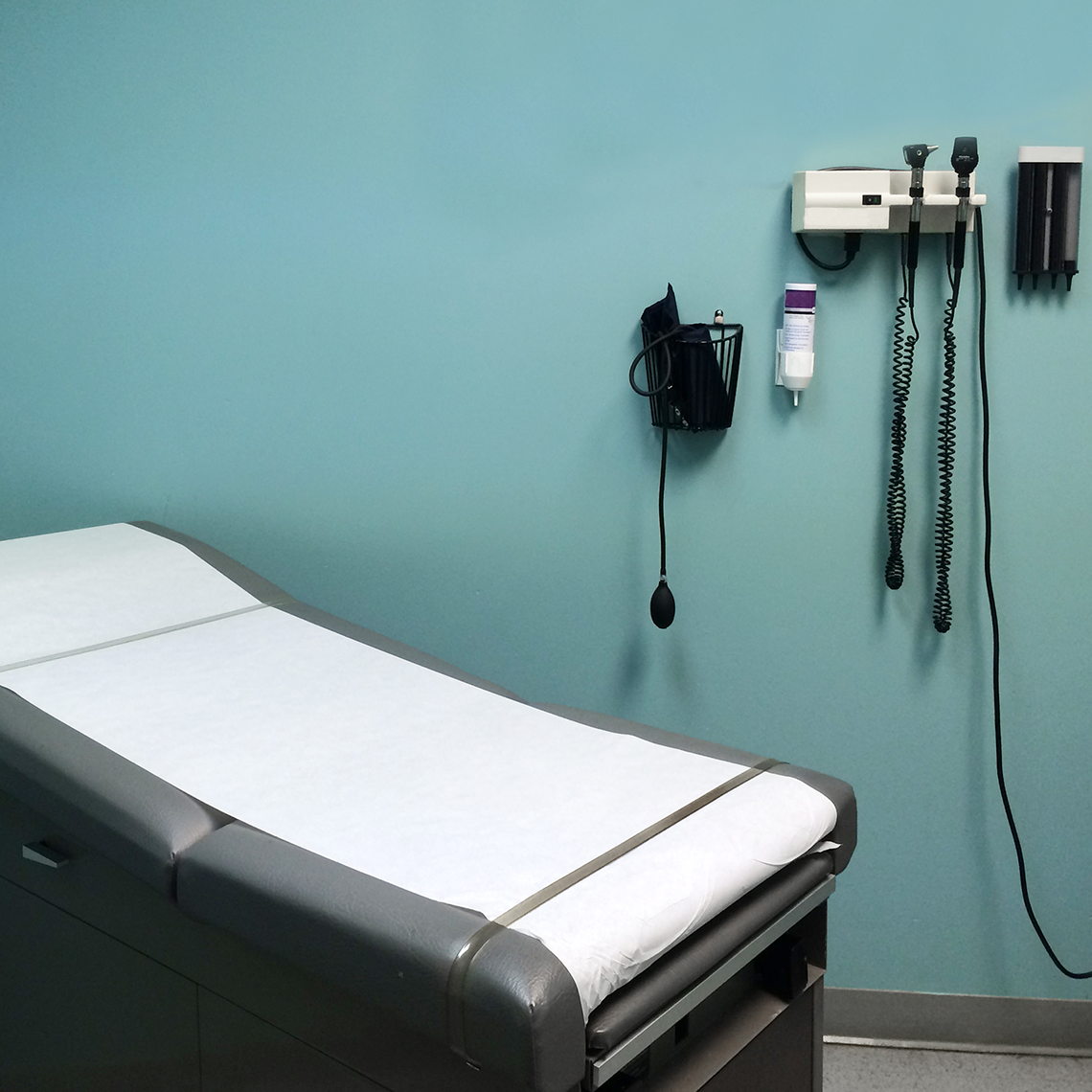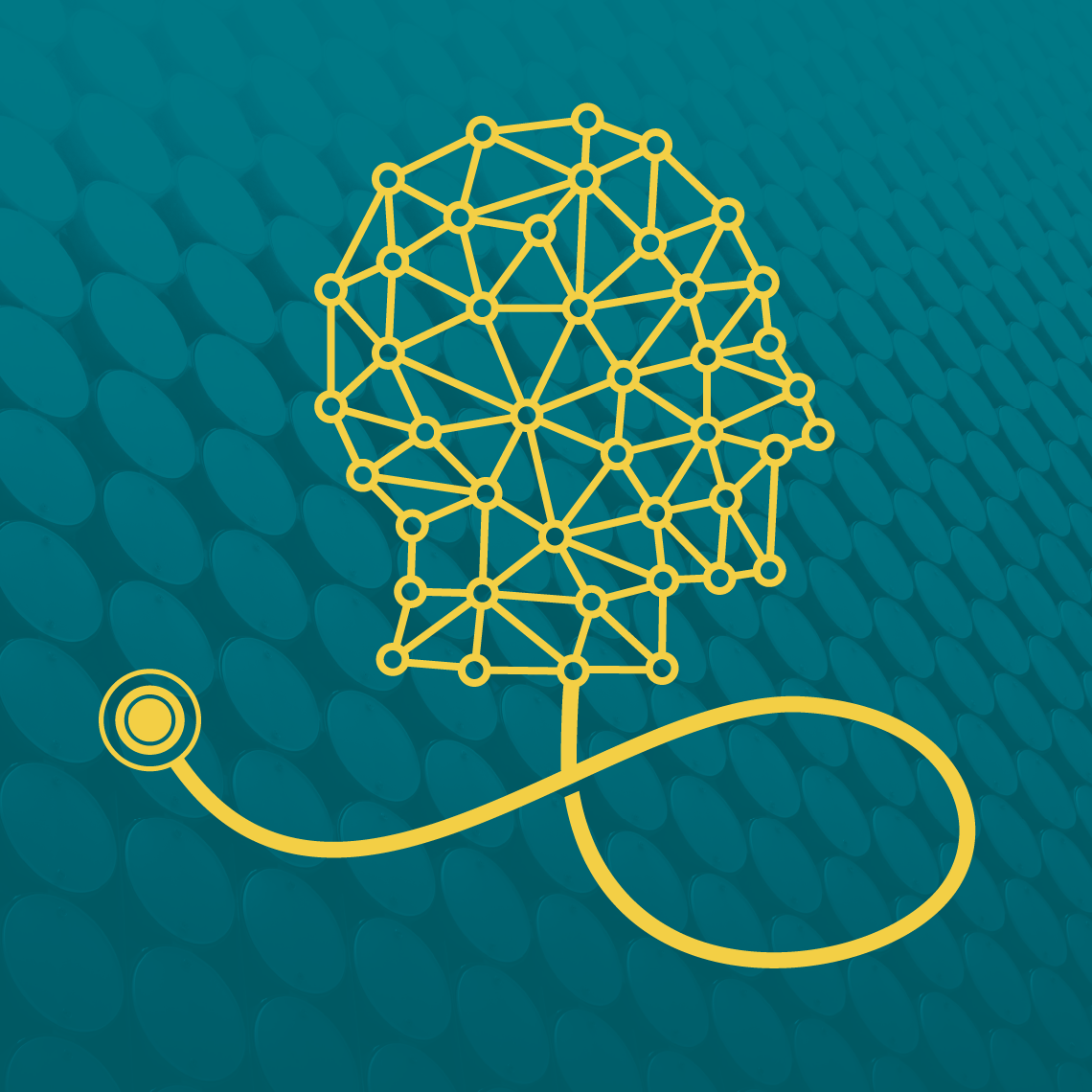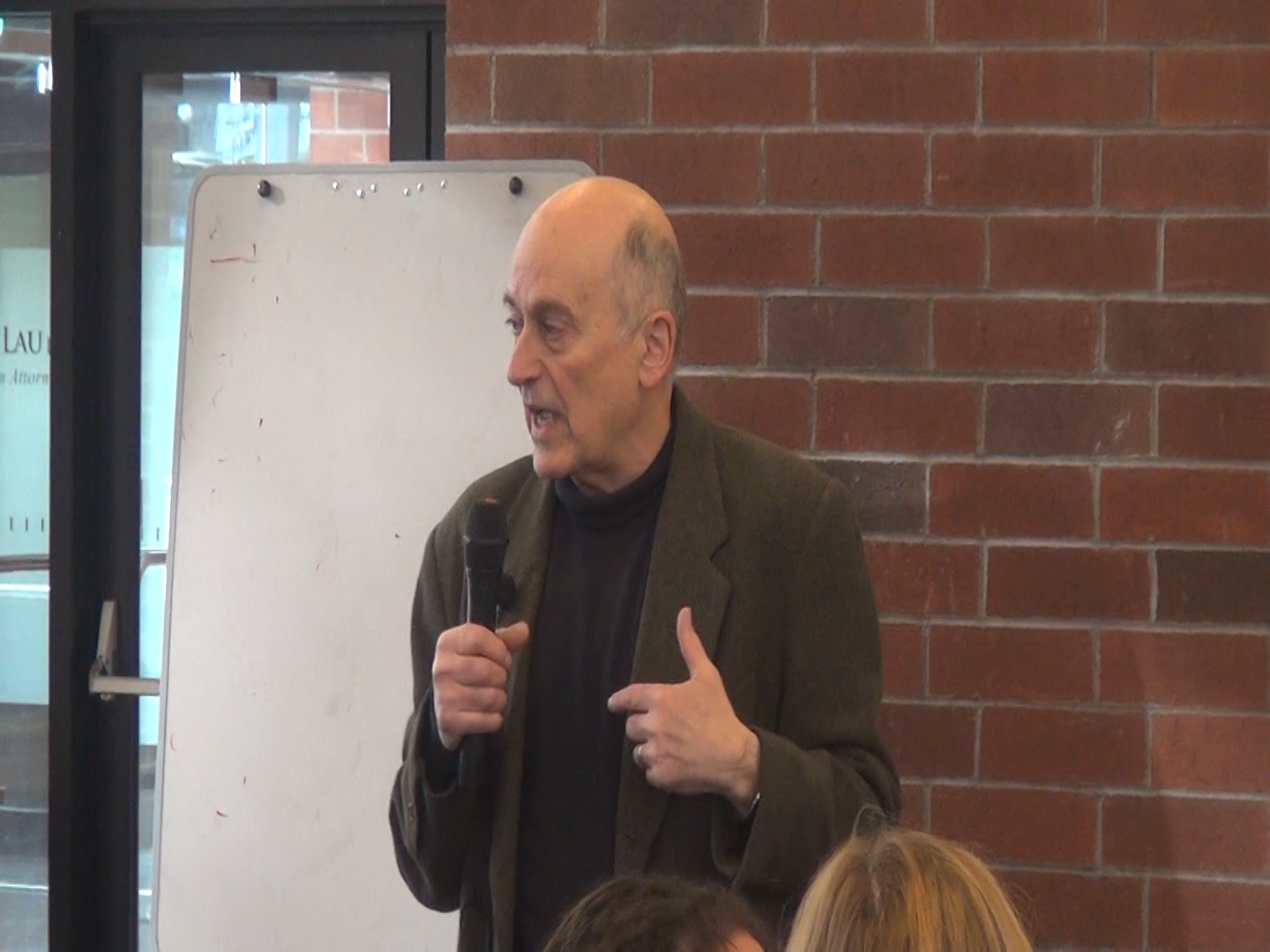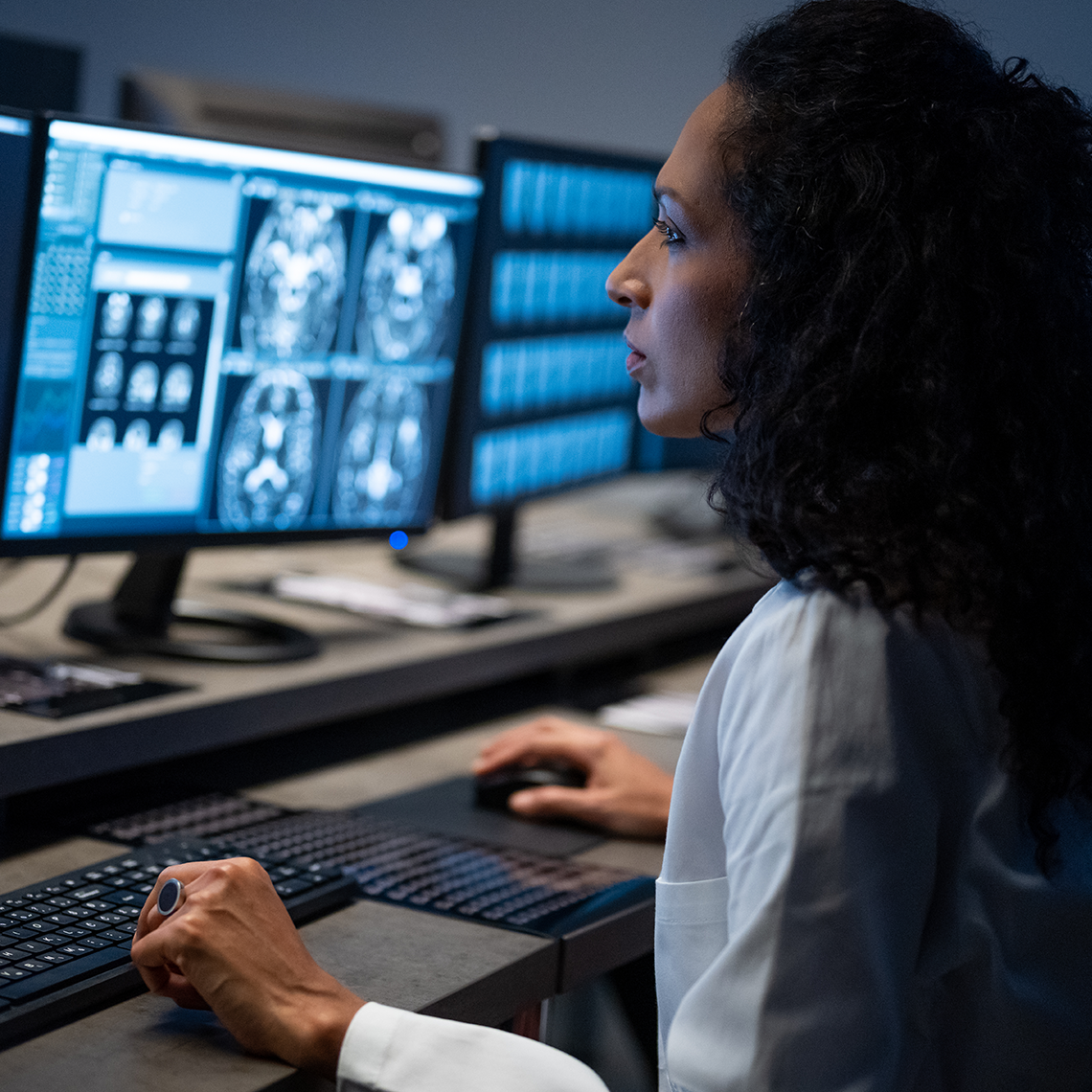Video
Simulation Leader Touts Harvard Model
Feb 12, 2014
Duration: 6:09
This podcast is an episode of Safety Net (formerly Patient Safety Updates). You can find other episodes and subscribe using the links to the left.
Lower error rates. Lower malpractice premiums. Better patient care. These are results in anesthesia over 30 years of coordinated effort that can be a model for patient safety in all specialties, according to Jeffrey Cooper, PhD, Executive Director of the Center for Medical Simulation in Cambridge. Cooper recently addressed staff at Harvard’s medical malpractice and patient safety company, CRICO. He linked the data, funding, and incentive programs from CRICO to widespread safety improvements through clinical guidelines and the spread of simulation and team training. By working closely with its malpractice organization, Harvard’s medical community has achieved notable improvements in safety. Cooper sees this kind of collaboration gaining throughout the world.
This podcast is an episode of Patient Safety Updates. You can find other episodes and subscribe using the links to the left.
About the Series
We’ve got you.
Our Safety Net podcast features clinical and patient safety leaders from Harvard and around the world, bringing you the knowledge you need for safer patient care.
Episodes
Teleradiology Leads Virtual Care Risk in New Study

New Study Finds Outpatient Adverse Events Common, Often Preventable

Taking the Pulse of a Clinician’s Interpersonal Skills



